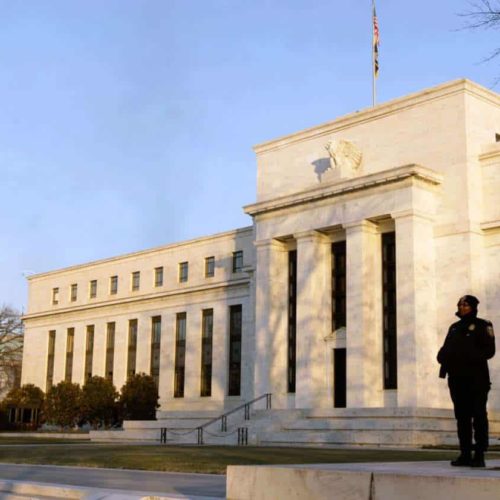Introduction
Lenders must give more information to consumers who are denied a loan or charged a higher interest rate because of their credit score, the Federal Reserve announced today.
The Fed’s new regulation requires a lender to disclose the numerical credit score used in its decision; the range of possible scores under the credit score model used; up to 4 key factors that adversely affected the consumer credit score; the date the credit score was created; and the name of the entity that provided the credit score.
It applies to lenders using “risk-based pricing,” a practice which sets the price and terms of a loan to reflect the risk of nonpayment by that consumer. The rule will “help ensure that consumers receive consistent disclosures of credit scores” and related information, the Fed said.
Get ready for next financial crisis – The lessons of the 2008 financial collapse have not been learned, writes MarketWatch columnist Brett Arends, who offers his Top 10 list of why another crisis is already on the horizon.
One big reason: Wall Street incentives such as stock options, bonuses, and “too big to fail” remain fully in force, which means bankers are still being paid to behave recklessly with little to lose if things go wrong. Another reason is how financial services companies spend tens of millions of dollars on lobbying along with generous political campaign contributions, says Arends, and offer politicians “500,000 speaker fees and boardroom sinecures upon retirement.”
Meanwhile, the credit bubble is back as U.S. corporations borrow twice as much as they did last year, pushing non-financial companies to a record $7.3 trillion in debt, he writes.
Claw back in mega-bank collapse – If a mega-bank fails, any executives found negligent and responsible for the collapse will have to surrender two years of back pay, according to a new Federal Deposit Insurance Corp. rule.
The FDIC board approved the regulation today as part of the agency’s work to create a more orderly procedure to act as receiver in shutting down a failing mega-bank. An FDIC staff memo specifically says that a senior executive or board director would be responsible “if he or she failed to conduct his or her responsibilities with the degree of skill and care an ordinarily prudent person in a like position would exercise under similar circumstances.”
Read more in Inequality, Opportunity and Poverty
State Integrity 2012
State Integrity Investigation highlighted ethics problems plaguing Virginia and its governor
Financial Reform Watch
New Jersey: Best score in the country
With a B+, the Garden State receives the highest score in the U.S., an 87






Join the conversation
Show Comments